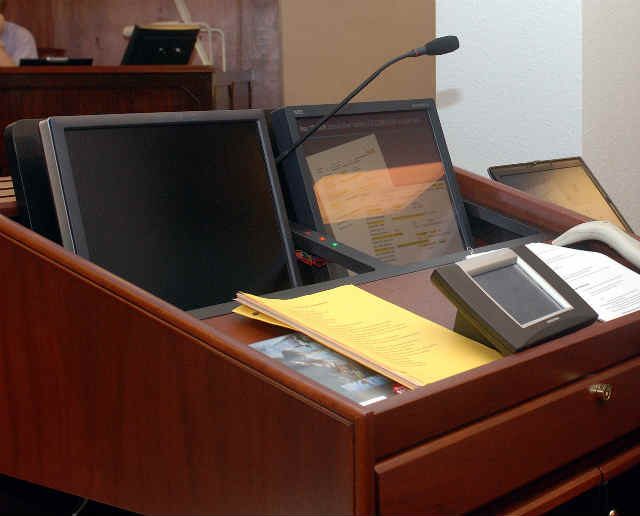 Technology translates into increased efficiency and productivity, cost reductions, and the effective management and storage of data. Over the last 20 years, many business and economic sectors have enjoyed the extraordinary benefits that stem from technological advances in their production processes, as well as in their marketing and analytics. As expected, the private sector was the first one to adapt to the fresh advent of technology, but the public sector is quickly catching up. Federal agencies and institutions tend to be the first to implement new technologies and software, but state and local institutions are quickly catching up as well.
Technology translates into increased efficiency and productivity, cost reductions, and the effective management and storage of data. Over the last 20 years, many business and economic sectors have enjoyed the extraordinary benefits that stem from technological advances in their production processes, as well as in their marketing and analytics. As expected, the private sector was the first one to adapt to the fresh advent of technology, but the public sector is quickly catching up. Federal agencies and institutions tend to be the first to implement new technologies and software, but state and local institutions are quickly catching up as well.
State and county court systems are also improving their productivity and efficiency with new technology systems and software. Efficient time management software, data management tools, and breakthrough communication software packages are some of the most common elements to make their ways into courts across Florida. The judicial branch is constantly trying to ensure improved justice administration, easy public access to information and services, and the timely handling of cases. All these elements make the judicial system more trustworthy in the eyes of the general public while also increasing the confidence in the system and reducing costs.
Let’s see how technology is changing the ways court cases are handled:
E-filing
The filing of documents has been a painstaking process for decades, but thanks to the newly available technology, more and more courts (at local and state level) have started to use e-filing systems. This technology automates the filing process of court documents and establishes a modern interface for all documents, records and archive files, and gives each attorney or law firm a statewide username and password. When David Heil handles a new personal injury case, for example, he has access to the ePortal web interface, where pertinent documents can be submitted to the Clerks and Recorders sections.
A formal, complete e-filing application must be transferred as an .rtf or .pdf file, must include a cover sheet with eXtensible Markup Language (.XML) and must provide the option to eliminate paper filing submissions.
Each court has a Technology Commission, which approves the e-filing process and issues an approval letter.
After this process, a 90-day testing period is required, during which the system checks the validity of the files and documents and generates a monthly status report for all submitted documents.
The e-filing system has seen major improvements, especially after the recommendations issued by the Supreme Court on June 21, 2012, which asked for the implementation of an e-filing process for all attorneys and law firms.
Several training and technical guides are available to help attorneys use the software. The guides are detailed depending on the specific court, either statewide or local, and include tips and lessons on computer setup, JEFIS use, and XML instructions, as well as interactive courses, videos and other educational products, all under the approval and direction of their respective courts.
Digital Signatures
The possibilities for the application of digital signatures in the judicial system are manifold. As the court system steadily moves away from paper documents and towards e-documents and files, security is of utmost importance. Digital signatures provide an added assurance of the source, identity, and status of an electronic document.
The court system accepts and publishes documents, files and rulings with digital signatures. The importance of high confidence and discretion in sender authenticity and content makes digital signatures ideal security elements for communications between courts and attorneys or law firms.
Flaviu Mircea is a freelance writer and professional student who contributes articles and insights on new technological trends and developments and how they affect the business community and everyday life.
Support InfoStride News' Credible Journalism: Only credible journalism can guarantee a fair, accountable and transparent society, including democracy and government. It involves a lot of efforts and money. We need your support. Click here to Donate
